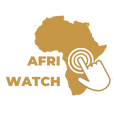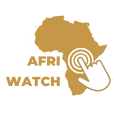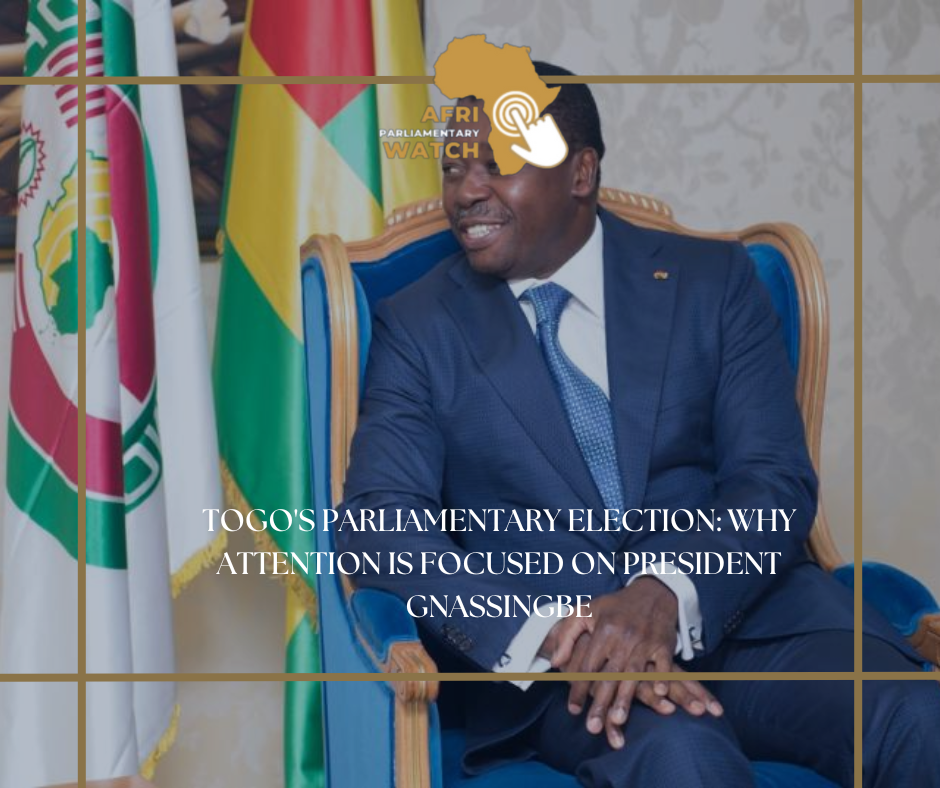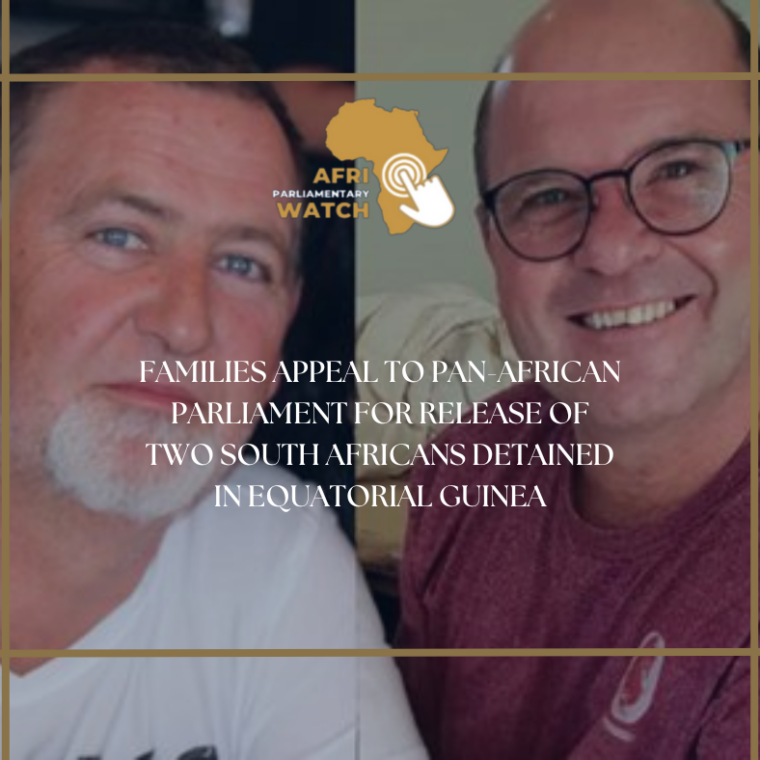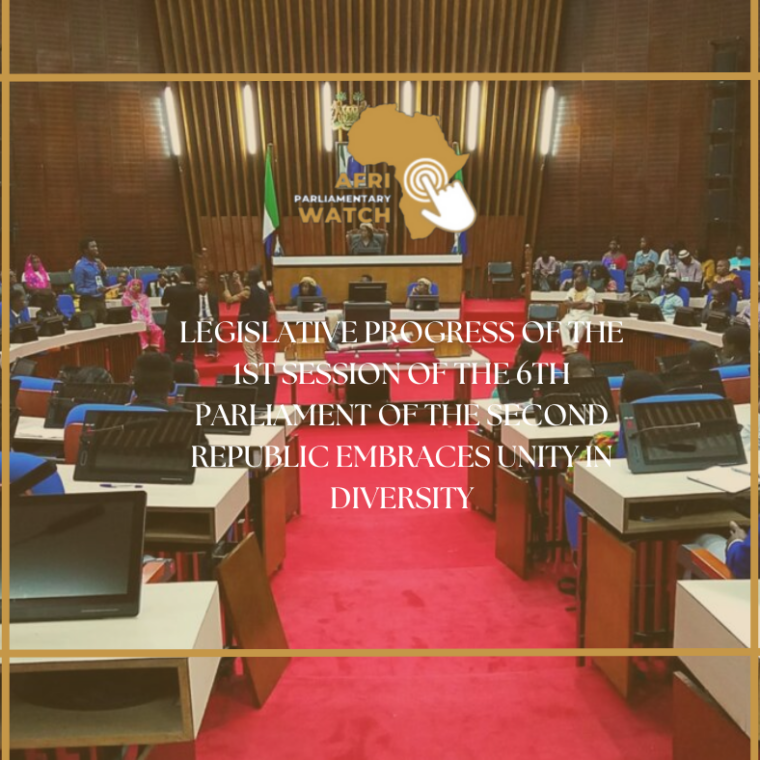Togo’s Parliamentary Elections: What You Need to Know
On Monday, around 4.2 million eligible voters in Togo will head to the polls for delayed and contentious parliamentary elections, adding to tensions in a West African region already facing instability.
Unlike previous elections, where voters selected both parliamentarians and the president, this election will feature an indirect voting system that could entrench the long-standing rule of President Faure Gnassingbe. Recent constitutional changes have fueled public anger and protests, raising concerns about the potential for Gnassingbe’s continued grip on power. Togo, despite its small size, plays a significant role as a maritime trade hub due to Lome Port, a crucial gateway for landlocked countries like Burkina Faso. Any unrest in Togo could disrupt regional trade.
Recent Constitutional Changes
On April 20, lawmakers from the ruling Union pour la République (UNIR) party approved significant constitutional amendments amid strong opposition protests. The vote passed with an overwhelming 87-0 count. Supporters argue the changes promote democracy by reducing presidential power and strengthening the legislature, but widespread unpopularity has led to delays in the president’s signature. The new amendments stipulate that the president will no longer be elected by popular vote; instead, the parliament will choose the president, who will have a largely ceremonial role for a single four-year term. A new, powerful prime minister will be appointed by the president for a six-year term, leading to speculation that Gnassingbe, limited to one more presidential term, may be positioning himself for this role.
Afolabi Adekaiyaoja, a researcher at the Center for Democracy and Development, expressed concern that this change ensures Gnassingbe’s continued control over Togo. “With parliament appointing the president, only a loyalist could secure a rival power base,” he noted.
Gnassingbe, 57, has been in power since 2005, following his father’s nearly 38-year rule. Together, the family has held power for over 57 years, making it the longest-ruling dynasty in Africa.
Candidates and Coalitions
Approximately 2,000 candidates are competing for 113 parliamentary seats and 179 regional council positions. All elected members will serve six-year terms under the new amendments, an increase from the previous five-year term.
Key political parties include:
- Union pour la République (UNIR): The ruling party that controls parliament and won 59 out of 91 seats in the 2018 elections amid a boycott by opposition parties.
- Union des Forces du Changement (UFC): The second-largest party, led by veteran politician Gilchrist Olympio, which currently holds seven seats.
- Alliance Nationale pour le Changement (ANC): The main opposition party, led by two-time presidential candidate Jean-Pierre Fabre, which has spearheaded protests against the constitutional amendments.
- Other minor parties include the Mouvement Patriotique pour la Democratie et le Developpement (MPDD) and the Parti Democratique Panafricain (PDP), among others.
Opposition Dynamics
The Togolese opposition is fragmented, limiting its effectiveness. In past elections, some factions have boycotted votes, allowing UNIR to maintain a majority. However, there is significant mobilization this time, with opposition supporters actively campaigning for turnout.
Despite calls for protests against the new amendments, authorities have banned demonstrations, leading to arrests of opposition members. Civil society organizations have also denounced the amendments as illegitimate and are calling for a large rally on May 5.
Concerns About Fairness
Elections in Togo have a history of being marred by intimidation and violence. The government has previously suppressed protests and targeted opposition leaders, leading to a climate of fear. Trust in the electoral commission is low, especially after controversial voter turnout declarations in 2018.
The authorities have restricted media access to the elections, and independent monitoring organizations, such as the influential Catholic Church, have been denied observer status. While the African Union (AU) and the Economic Community of West African States (ECOWAS) sent observers in the past, they have not been particularly vocal against government abuses.
Looking Ahead
Experts anticipate a likely UNIR majority after the elections. If this occurs and the president signs the amended constitution into law, opposition protests may struggle to reverse the changes. This could set the stage for Gnassingbe to effectively maintain control until at least 2030.
The situation presents a challenge for ECOWAS, which has dealt with various regional crises recently. “ECOWAS needs to be more assertive… democratic backsliding occurs not only with coups but also when democratic processes are undermined,” Adekaiyaoja emphasized.
